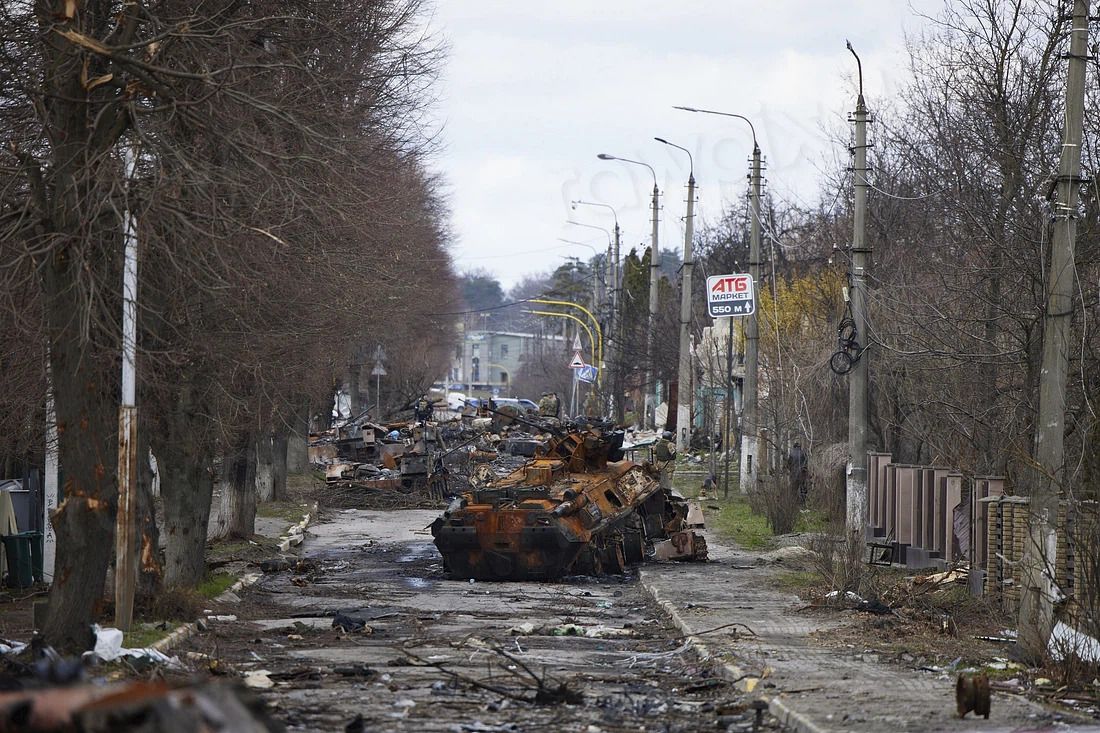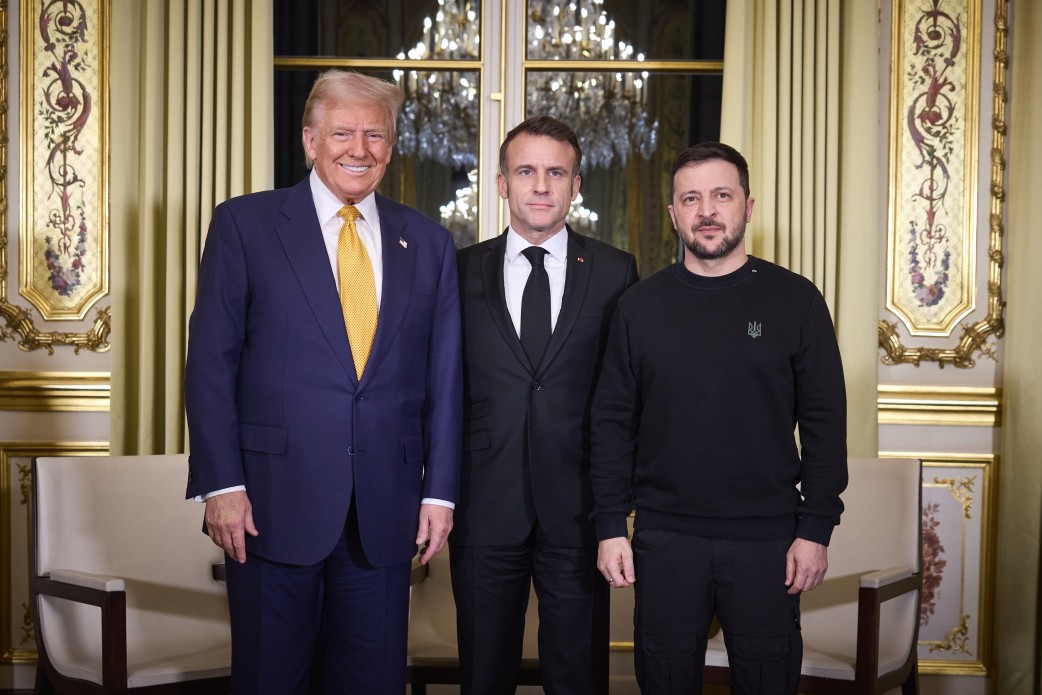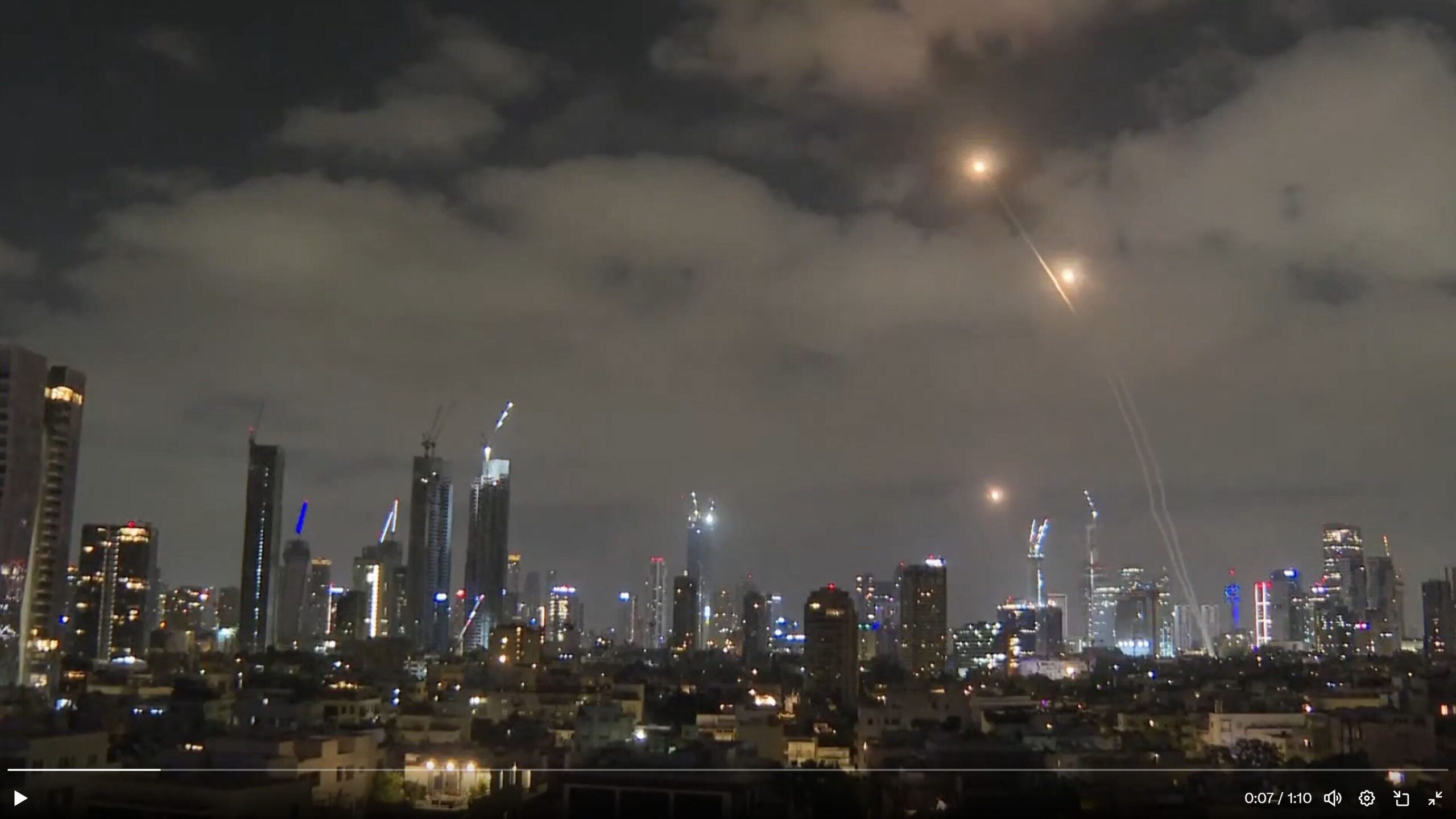Nick Paton Walsh is the most recent corporate journalist to decide it’s okay to declare Ukraine’s chances of winning the war nearly impossible, an analytic viewpoint that got respected former military officers and journalists slandered last year. Publishing an analysis on CNN, the Emmy Award-winning conflict correspondent wrote that Ukraine is having a “drowning, not waving problem”.
His view is that it’s the fault of the US and EU, who have both been unable to summon the political will to continue financing Ukraine’s struggle after their disastrous summer counteroffensive. WaL reported last week that two huge funding packages, amounting to over $100 billion, have stalled in the EU parliament and American House of Reps.
Walsh’s assessment is that Ukraine’s position is “unutterably bleak,” but blames it on “the myopia of its allies,” and in particular on Congressional anti-war Republicans in America, and Viktor Orban in the EU. He then makes the inevitable comparison of Russian President Vladimir Putin with Adolf Hitler, the US Congress with Neville Chamberlain, and Russia’s invasion of Ukraine to the Third Reich’s seizing of Poland, and criticizes some House Republicans for making the “unreasonable demands for Ukraine to predict the future course of the war”.
His is a media narrative that WaL has often covered. Breaking from the habit of reporting the news on the course of the war, corporate media giants have repeatedly played the role of analysts and made arguments for why Ukraine’s government should be bankrolled as long as it takes for her to beat Russia, and how it’s possible for her to win—even going so far, in the earlier periods, as to suggest that Putin’s invasion was doomed from the start.
“A congressman this week suggested Ukraine should name a finite price tag and a specific, simple goal,” Walsh writes. “It’s staggering after two American wars of choice in two decades, costing trillions of dollars, that congressional memories are so short, and comprehension so limited”.
It’s actually a sign of how critically some members of Congress have been paying attention that they are now demanding real-world estimates of what’s achievable for the severely diminished Ukrainian defense forces before adding another $60 billion of debt at the highest interest rates in 40 years onto a national debt soon to exceed $34 trillion. What’s actually staggering is how corporate journalists have repeatedly changed their earlier analysis in the face of facts they didn’t want to acknowledge, which is itself a demonstration of an even shorter memory span.
Time to name names
Taken from an earlier news report from World at Large…
There was never a reckoning or purge of any sort following the invasion and occupation of Iraq in 2004. No reporter ever had their reputation ruined—no author ever had their book deals rescinded because they piled onto the narrative that the US was waging humanitarian war and that Saddam Hussein had weapons of mass destruction—a lie which everyone now accepts was at worst a lie and at best not true and a mistake to believe.
Will history repeat itself now that the narrative has so clearly changed, or will the rapturous support for the war in Ukraine shown by mainstream media organizations and politicians throughout Europe and North America come back to haunt them?
In this critical sea change of perspective, it’s worth looking back at the mixture of war fever and delusional analysis that saturated the airwaves from February to around November 2022.
In June, WaL published an analysis of the previous 3 months of “can’t win/already lost” narrative surrounding Russia’s operations in the country that by late June was already quietly eroding without a trace. Max Boot, Yuval Harari, Robert Burns, Frederick Kagan, Michael Clarke, a Greek security and international finance team, and many more including the disgraced former General David Petraeus had by then all put forward a viewpoint that posited Russia had either already lost or couldn’t win.
Before the war, officials in Europe and Washington were certain they were going to tank the Russian economy. Maximillian Hess, Fellow at the Foreign Policy Research Institute, was sure that less than a month after the war began sanctions on Russia should not be lifted, even though he lays out the perfect case for why they should be, i.e. that they’ve never worked in history other than by depriving and starving innocent civilians, or enraging the targeted country, citing Imperial Japan, Nazi Germany, revolutionary Iran, and Communist Cuba, North Korea, and Venezuela.
Biden called the combination of economic warfare options a “nuclear weapon” but by June their effects had long dissipated—just as WaL reported they would be based on support from the rest of the world economy, here and here.
In late 2022, then Chair of the Joint Chiefs of Staff General Mark Milley stated frankly that the chances were “militarily not high” of Ukraine succeeding in gaining any more territory than they already had during the fall counteroffensive.
By November, the Center for Strategic and International Studies was still wrong about the course of the war, and their Emeritus Chair in Strategy Anthony H. Cordesman, was still suggesting Ukraine “had won,” and Russia had “in short… lost,” all the while callously celebrating all the “strategic benefits it provides to the U.S.” like weakening Russia’s military, imposing human and economic cost on their state, removing them from world financial influence, and all it took was tens of thousands—now hundreds of thousands of Ukrainian lives. And they lost anyway. WaL
We Humbly Ask For Your Support—Follow the link here to see all the ways, monetary and non-monetary.
PICTURED ABOVE: Destroyed Ukrainian tanks during the summer counteroffensive. PC: public domain.



